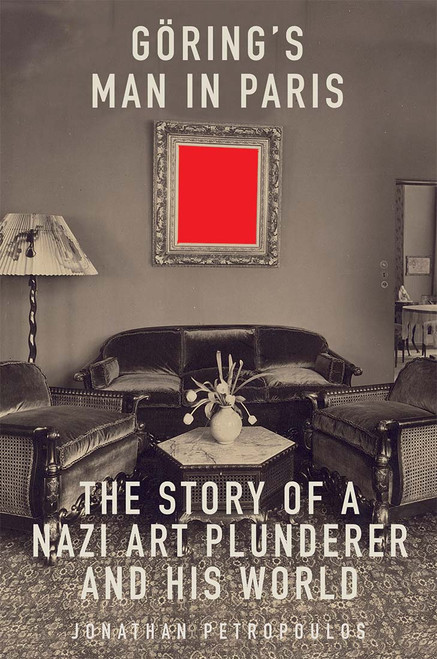In 1937, thousands of works by the Brû§cke artists were confiscated from German museums by the National Socialist authorities, and numerous icons of Expressionism were shown in the traveling exhibition "Degenerate Art". The volume takes a critical look at the fates and the artistic praxis of the former "Brû§cke" members in the years after 1933. On the basis of numerous sources which have hitherto not been analyzed, today's popular image of Expressionism, its vilification as "degenerate" and the creation of the legend after the end of the Second World War are examined: how much scope for action was there and how should we evaluate the narratives of "inner emigration" and the "zero hour" today?
Based on the extensive stocks of the Brû§cke-Museum, the publication discusses in detail the everyday reality of the artists under the National Socialists. The measures carried out against the former "Brû§cke" Based on the extensive stocks of the Brû§cke-Museum, the publication discusses in detail the everyday reality of the artists under the National Socialists. The measures carried out against the former "Brû§cke" members as a result of Nazi art policy are explained, together with the direct effects on their creative work and the self-image of the painters within the context of the times.
Based on the extensive stocks of the Brû§cke-Museum, the publication discusses in detail the everyday reality of the artists under the National Socialists. The measures carried out against the former "Brû§cke" Based on the extensive stocks of the Brû§cke-Museum, the publication discusses in detail the everyday reality of the artists under the National Socialists. The measures carried out against the former "Brû§cke" members as a result of Nazi art policy are explained, together with the direct effects on their creative work and the self-image of the painters within the context of the times.







